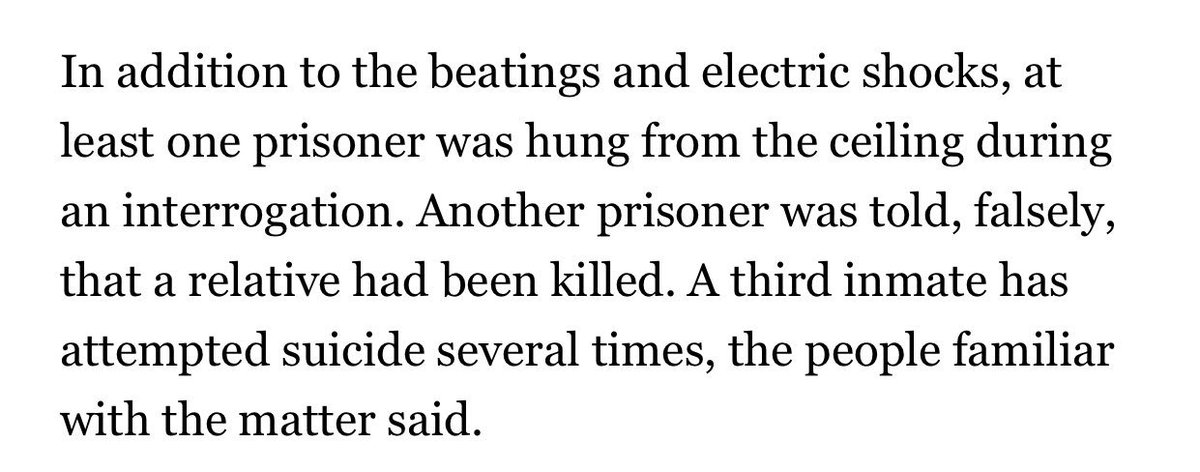My recent for @MiddleEastInst
mei.edu/publications/a…
#Yemen's recent history must not be distorted by those in policy/advocacy circles with anti-Saudi agenda that ends up benefiting militias at the expense of Yemenis.
Broadly, the current conflict is the result of accumulated grievances, unequal distribution of wealth, poor governance, entrenched corruption & social inequalities left unaddressed during President Saleh’s 33-year rule.
External actors are fighting a different battle from Yemenis.
Without a doubt, the cessation of hostilities between regional actors and the Houthis remains important ..
In calling on Riyadh and the Houthis to unconditionally cease military operations against one other, the risks are high.




